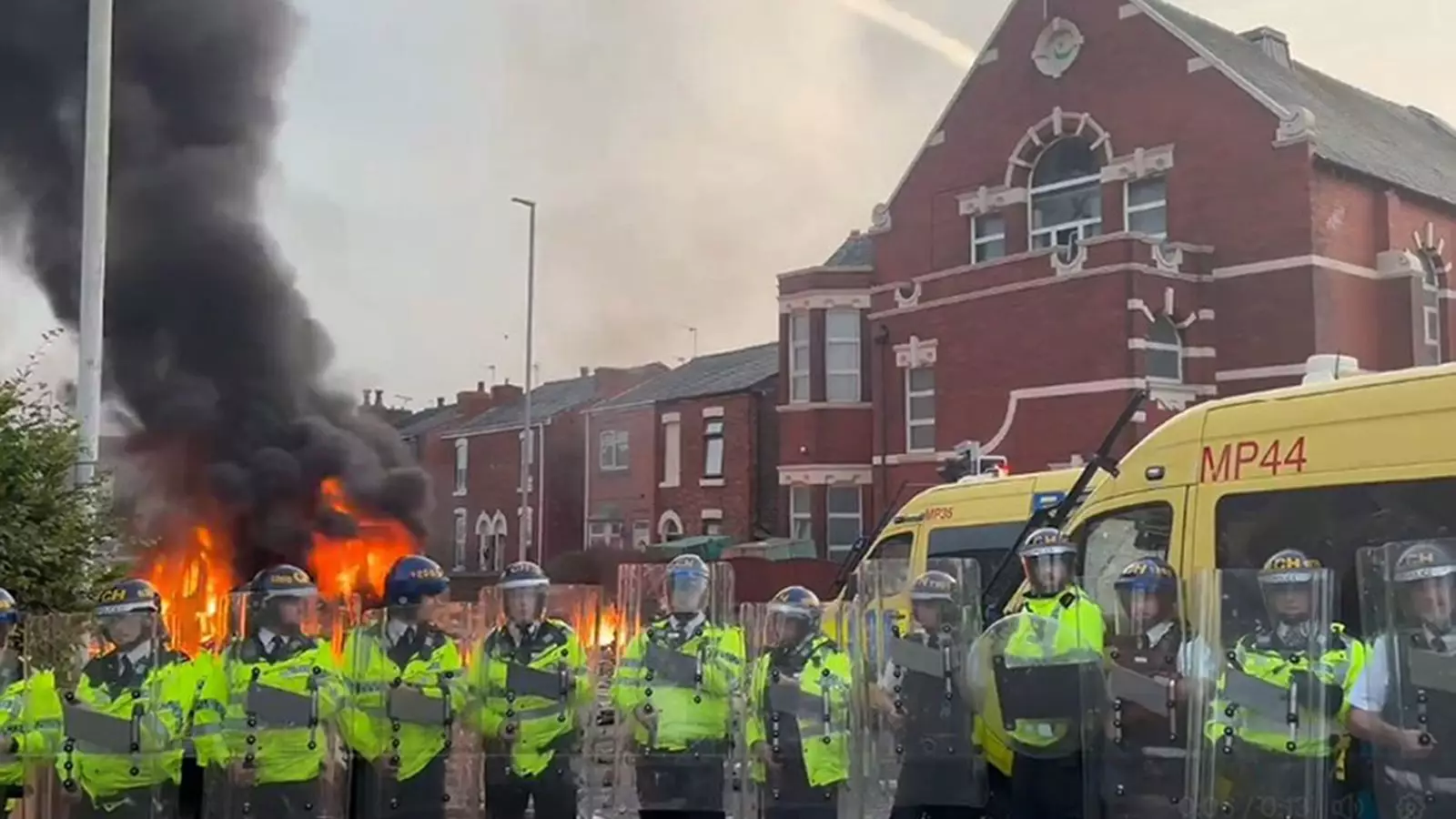In a world where misinformation and fake news spread faster than ever before, it is crucial to equip children with the necessary skills to navigate the digital landscape. The proposed changes to the school curriculum, as announced by Education Secretary Bridget Phillipson, aim to embed critical thinking skills in students from an early age in order to help them identify extremist content and fake news online.
The review of the curriculum in both primary and secondary schools will focus on integrating critical thinking skills across various subjects. Students may engage in analyzing articles in English lessons to distinguish between fabricated clickbait and reliable reporting. Likewise, computer lessons could teach them how to identify fake news sites, while math lessons could involve analyzing statistics in context.
As Phillipson emphasized, it is more important than ever to empower young people with the knowledge and skills to challenge the information they encounter online. The objective is not only to combat fake news and extremist content but also to protect students against “putrid conspiracy theories” that circulate on social media platforms. By instilling critical thinking skills in the curriculum, children will be better equipped to discern fact from fiction.
The recent riots in the UK, triggered by the dissemination of misinformation online, underscore the urgent need for media literacy education. Misinformation about a Muslim asylum seeker being the suspect in a tragic incident led to widespread chaos, resulting in numerous arrests and charges. Individuals who used social media to incite disorder were held accountable, highlighting the dangerous consequences of spreading false information online.
The role of social media platforms in facilitating the spread of misinformation has prompted calls for stricter regulation. While the Online Safety Act was enacted last year to address these concerns, its full implementation is yet to be realized. Politicians like Sir Keir Starmer have signaled the need for further strengthening social media regulations to prevent the dissemination of harmful content and incitement of hatred.
The initiative to integrate critical thinking skills into the school curriculum is a step in the right direction towards combating extremist content and fake news. By empowering students with the ability to analyze information critically, we can help them navigate the complexities of the digital world responsibly. It is imperative that education equips young people with the tools they need to discern truth from falsehood and safeguard against the dangers of misinformation in the online sphere.

Leave a Reply